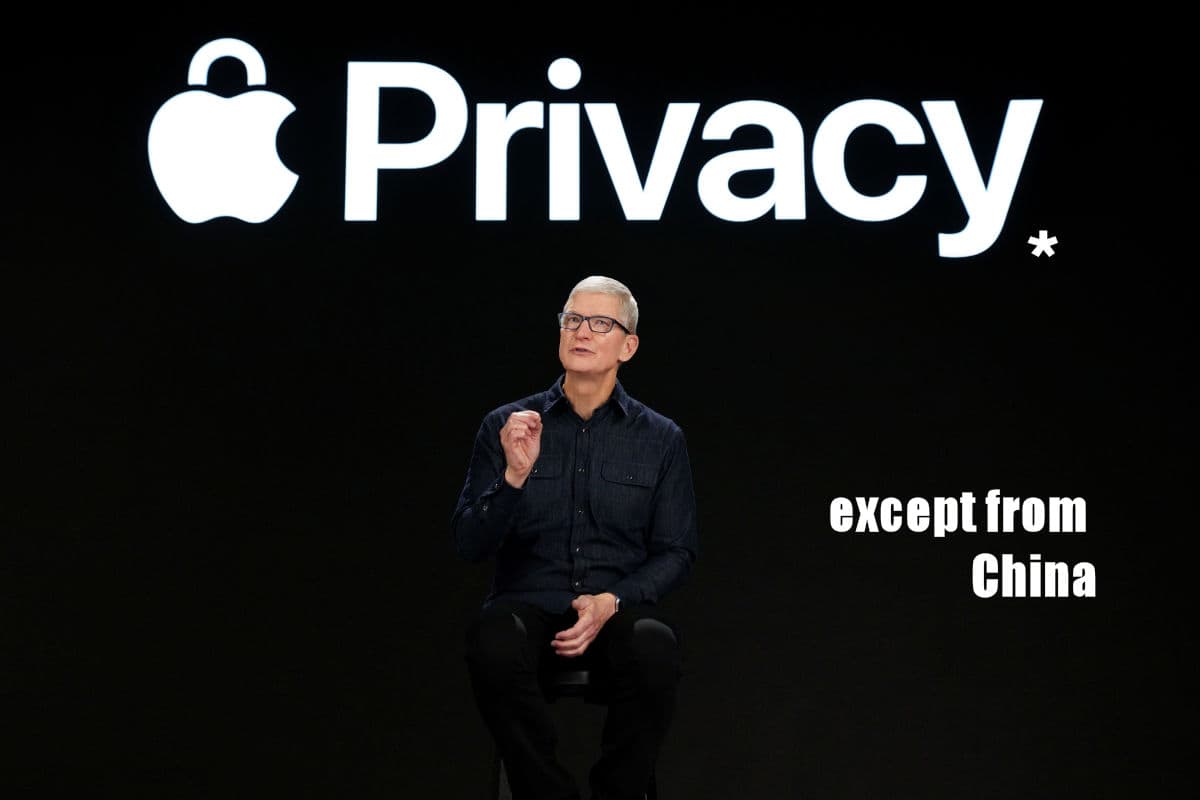
Apple’s “Private Relay” VPN service will not be available in China or anywhere else it matters
['Apple', 'feature', 'server', 'state', 'include']
Apple announced a number of privacy-related features at WWDC yesterday, including a feature they call “Private Relay”, which hides your IP address by passing your internet data between Apple's servers and an additional 3rd party server, meaning the server yo…
Apple’s “Private Relay” VPN service will not be available in China or anywhere else it matters
Apple announced a number of privacy-related features at WWDC yesterday, including a feature they call "Private Relay", which hides your IP address by passing your internet data between Apple's servers and an additional 3rd party server, meaning the server you are communicating with never know your real IP. This is similar to the Tor system used for secret communication in many repressive states. Unfortunately for those in such repressive states, Apple has not suddenly become a champion of their ability to communicate privately. Apple has confirmed that their private IP feature will not be available in China, and a list of other repressive regimes, including Belarus, Colombia, Egypt, Kazakhstan, Saudi Arabia, South Africa, Turkmenistan, Uganda and the Philippines. Apple, which generates 15% of its revenue from China, of course also bans VPN apps in China, and stores iCloud data on Chinese servers so the state would have easy access to the data. Apple said the intent of the feature is to stop advertisers from tracking internet users. It is notable that Apple still tracks users on its own platform while forbidding other companies from doing the same. Apple's Private Relay feature will likely become available later this year.